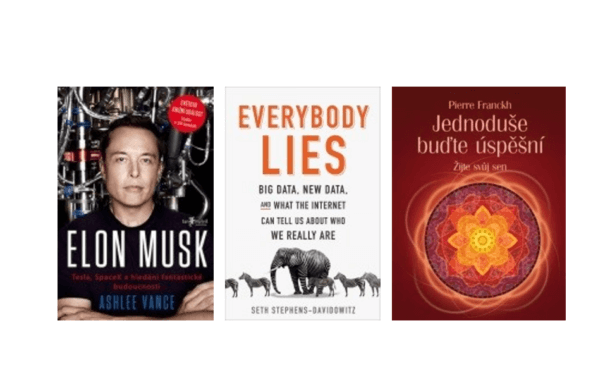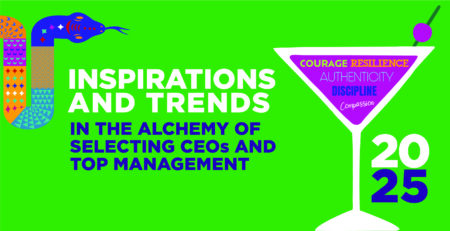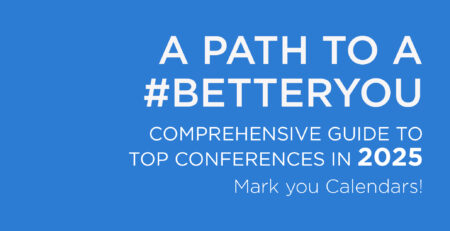Ten books you have to read. Or donate.
Anderson Willinger, executive search experts, prepared for you tips for another inspiring books:
George Friedman:
The next hundred years (Argo, Dokořán)

In this book of geopolitical predictions (as well as economic, social, and technological forecasts), American political scientist George Friedman argues that the United States will remain the dominant global superpower throughout the 21st century. And that sometime around 2050 we can expect World War III… Friedman was born in Hungary and his family emigrated to the United States when he was six years old. He studied political science, advised the US military for some time, and later established the influential private consulting agency Stratfor, nicknamed the “Shadow CIA,” which provides geopolitical analysis and forecasts to corporations, governments, and financial institutions. The book was published in 2009, but today it actually adds to the interest, because it is clearer how well or badly Friedman’s prophecies are fulfilled.
Florence Williams:
The Nature Fix: Why Nature Makes Us Happier, Healthier, and More Creative

When it is said that nature heals, it sounds like an old, mossy cliché. Like a dozen advertising slogans for a mountain wellness hotel. But modern scientific research seriously shows that after 15 minutes in a forest, a person’s stress hormone levels drop and even after 45 minutes, their cognitive abilities even improve. That staying in nature helps in the treatment of post-traumatic stress in war veterans or ADHD in children and even has an effect on curing cancer. A fascinating book, after which you will no longer see forests and meadows with the same eyes.
Jarmila Klímová:
Psychosomatický dotek motýla: Příběhy, úvahy, zpovědi (Progressive consulting v.o.s)

Twenty-one reflections on the nature of femininity and relationships, dreams, desires, love and sex, written by the well-known Czech psychosomatic physician and therapist Jarmila Klímová. As the annotation says: psychosomatics is not just a discipline, it is a way of thinking about how we look at the world and the life around us.
Seth Stephens-Davidowitz:
Everybody Lies: Big Data, New Data, and What the Internet Can Tell Us About Who We Really Are

Fifteen years ago, we confided the most intimate questions to close friends or family. We’re going to consult the topic with Google today. And those billions of questions from millions of us are becoming part of an expanding universe called “big data.” In this book, a former Google data analyst illustrates what the billions of questions reveal about us and our world – how many gay people live in America, whether parents prefer boys to girls, whether violent films really affect crime and a myriad of other fascinating contexts.
Pierre Franckh:
Simply be successful (Anag)

The title of this book sounds a bit worn, but in reality, it is an interesting reflection on the meaning of being and inner happiness. Pierre Franckh – a German theatre and film actor, presenter and writer – asks what it means to be successful. He himself is successful in many ways. He is well known, admired, recognized, earns money, does not suffer from hardship and material insecurity. But is this a real success? Or is it a success to be able to live your dreams?
Stanislav Grof:
Lidské vědomí a tajemství smrti (Argo)

Our society is trying to push death to the margins. We have made her a taboo because of her incomprehensibility and inevitability. The famous American psychiatrist of Czech origin Stanislav Grof tried to break this taboo. In the 1970s, Count studied the possibilities of using LSD for human consciousness research and later invented a method of holotropic breathing that can simulate the effects of this psychotropic substance. In this book, he benefits from these experiences, deals with the phenomenon of altered states of consciousness and “near-death experiences,” and describes the secrets of death in the rituals of shamans and ancient cultures.
Laszlo Bock:
New rules (Threshold)

The former head of Google’s human resources department, a visionary who helped transform the technology giant’s workforce and corporate culture, brings a fresh look at access to work and inspiring ideas on how to attract the most capable people and make sure they succeed. “We spend the most time in our lives. That’s why it’s not right for us to demotivate and dehumanize us,” says Bock, for whose work Google has won more than a hundred different awards for the best employer.
Robert M. Sapolsky:
Behave: The Biology of Humans at Our Best and Worst

Stanford University’s American Professor of Biology and Neurology is a compelling journey across a range of scientific disciplines, a journey that seeks to explain why we behave the way we do. In addition, he can clearly describe the possibilities of using modern neuroscience in people management, company management and self-management.
Elon Musk:
Tesla, Space X and the Search for a Fantastic Future (Melvil)

A biography of the most famous technology visionary of today, who spent the harsh childhood of a bullied child in South Africa, as a young man he moved to Canada and then to America, where he became a co-founder of Zip2 and PayPal millionaire before he was 30 years old. You will find it in the lively story of Musk’s companies Tesla Motors and SpaceX, which almost went bankrupt several times, and Musk’s private life with two divorces and a personal tragedy – the death of a son. Or his ability to inspire and motivate employees while tending to terrorize the same employees.
Josef Bernard Prokop:
Karel IV. – Tajný deník (OneHotBook)

Fictitious private memories of the most important ruler of Czech history. Writer Josef Bernard Prokop – based on historical facts – tried to imagine what would be written on parchment, which the Czech king and emperor would decide to entrust with his innermost feelings and thoughts. The story of the novel begins shortly after the death of Charles’ beloved third wife Anna, at a time when the Czech kingdom was threatened by hostile neighbours. The book is the first volume of Prokop’s Luxembourg pentalogy, which ends with the story of King Sigismund.



